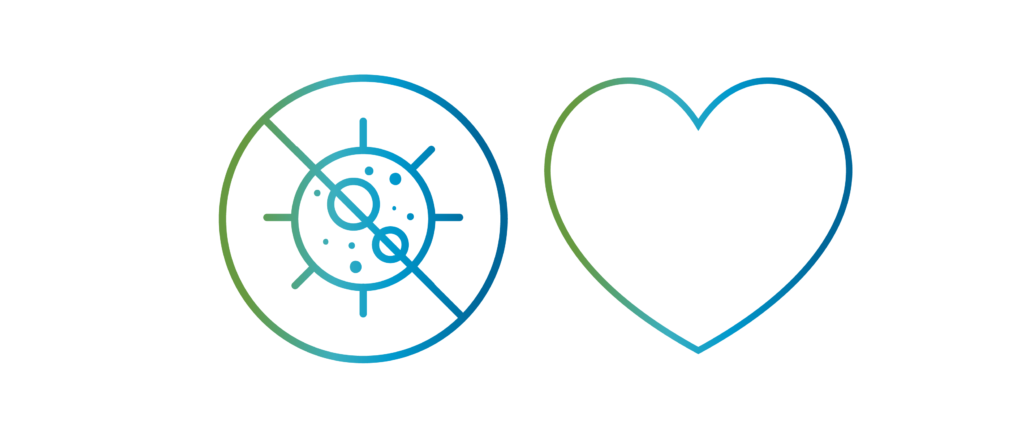March 16, 2020
Managing Stress during a Public Health Crisis
 The coronavirus (which causes the disease officially named COVID-19) has been declared a Pandemic by the World Health Organization (WHO), which brings feelings of uncertainty, fear and worry to many of us and to our families. It is important that we remain alert to evolving information about the virus and the public health response and find ways to manage stress and anxiety during this difficult time.
The coronavirus (which causes the disease officially named COVID-19) has been declared a Pandemic by the World Health Organization (WHO), which brings feelings of uncertainty, fear and worry to many of us and to our families. It is important that we remain alert to evolving information about the virus and the public health response and find ways to manage stress and anxiety during this difficult time.
Everyone reacts differently to stressful situations. The emotional impact of an emergency on a person can depend on the person’s characteristics and experiences, the social and economic circumstances of the person and their community, and the availability of local resources. Additionally, people can become more distressed if they see repeated images or hear repeated reports about the outbreak in the media.
During these times, it’s normal to experience heightened emotions and/or changes in behavior. Common reactions could be feelings of numbness, disbelief, anxiety or fear, changes in appetite, sleep habits, energy, and activity levels, difficulty concentrating, as well as physical reactions, such as headaches, body pains, stomach problems, and skin rashes.
Below are several ways to help cope with anxiety related to the current outbreak of COVID-19:
- Connect with others. Voice your concerns and how you are feeling with a friend or family member, and maintain healthy relationships. Sharing accurate information can help calm fears in others and allow you to connect with them.
- Avoid over consumption of news. Reading the latest news on coronavirus once daily will keep you informed without constantly thinking about the virus and knowing every detail, which may actually be leading to more and more anxiety.
- Rely on trusted sources of information like your state department of public health and the CDC for updates. Do not fall for false information online. It’s very easy for inaccurate or even dangerous information to be shared rapidly on social media.
- Take care of your body. Take deep breaths, stretch or meditate. Try to eat healthy, well-balanced meals, exercise regularly, get plenty of sleep and avoid alcohol and drugs.
- Prioritize usual strategies for managing anxiety. Use relaxation techniques, mindfulness apps, exercise, or other methods that make you feel calm.
- Follow guidelines for avoiding the spread of any virus, such as hand washing, sneezing or coughing into an elbow, and staying home from work if you are not feeling well.
- Have confidence in the experts. Remember that local and national public health agencies have done a good job with managing previous viral outbreaks.
- Maintain your routines. Sticking to your daily structure of activities: mealtimes, bedtime rituals, etc. reduce anxiety will help you feel more in control. Try to do some other activities you enjoy to return to your normal life.
- Seek help when needed. If distress impacts activities of your daily life for several days or weeks, talk to a clergy member, counselor, or doctor, or contact the SAMHSA helpline at 1-800-985-5990.
- Maintain a sense of hope and positive thinking.
For more information on Cascadia’s efforts around this public health situation, visit: https://cascadiahealth.org/coronavirus/.
